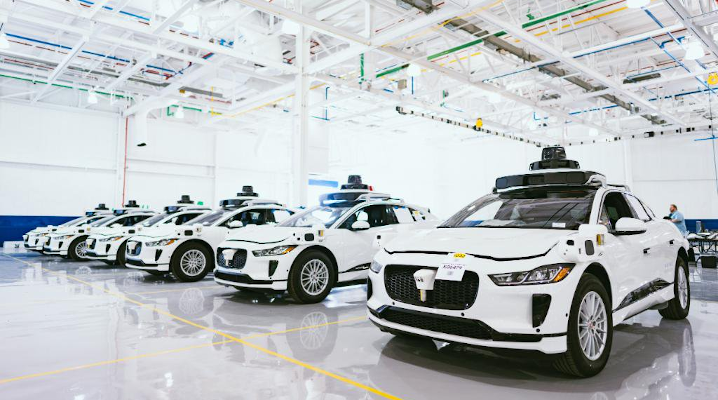 EMERGING TECH
EMERGING TECH
 EMERGING TECH
EMERGING TECH
 EMERGING TECH
EMERGING TECH
Waymo LLC, Alphabet Inc.’s autonomous driving subsidiary, has acquired a British startup called Latent Logic Ltd. that provides software for simulating drivers and pedestrians.
The group announced the deal on Twitter today without sharing financial details. The Latent Logic team will continue to operate out of its current location in Oxford, which is set to become Waymo’s first European engineering hub.
Latent Logic was started in 2017 by Shimon Whiteson, a computer science professor at Oxford University, and colleague João Messia to commercialize research they conducted into so-called imitation learning.
Imitation learning is a subset of machine learning that centers on the idea of teaching neural networks to replicate human behavior. Latent Logic’s founders originally focused on building robots for care facilities before shifting their attention to autonomous driving.
The startup offers a platform that uses imitation learning to generate virtual drivers, motorists and pedestrians based on footage collected from real-life roads. Teams working on autonomous driving projects can insert these virtual humans into the simulations they use to train the artificial intelligence powering their vehicles. The result, according to Latent Logic, is a closer-to-life simulated training environment that enables AI models to learn more efficiently.
Waymo didn’t say what exactly the Latent Logic team will be working on following the acquisition. However, an archived version of the startup’s now-scrubbed website contains some clues.
Latent Logic has received grants from Innovate UK, the United Kingdom’s innovation agency, to participate in two multimillion-pound autonomous driving research projects. Both initiatives focus on developing new ways of using simulations to test the safety and performance of self-driving cars. It’s likely Latent Logic will continue working on these projects in the wake of its acquisition by Waymo since the Alphabet subsidiary actively contributes to academic research around autonomous driving.
Outside the lab, Waymo will no doubt draw on the startup’s expertise to advance its development efforts, and likely also use the Latent Logic platform. Simulations are a key part of Waymo’s engineering toolkit: An executive with the group disclosed in July that its autonomous driving system has traveled more than 10 billion miles in simulation, 100 times the distance that the unit’s real-world autonomous vehicles have covered on the road.
A growing percentage of those real-world miles are being clocked up by the autonomous Chrysler Pacificas that Waymo provides via its ride-hailing service in Chandler, Arizona. The service boasts more than 1,500 monthly active users who have completed more than 100,000 trips to date.
THANK YOU